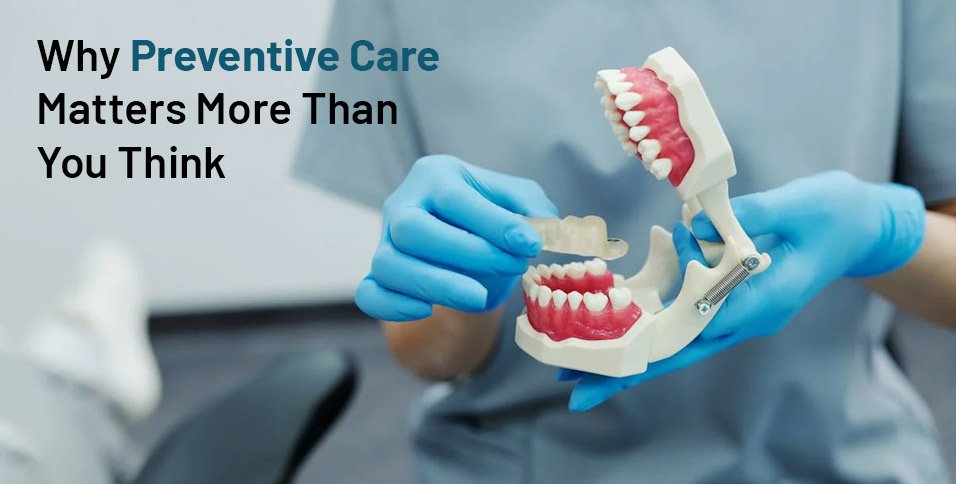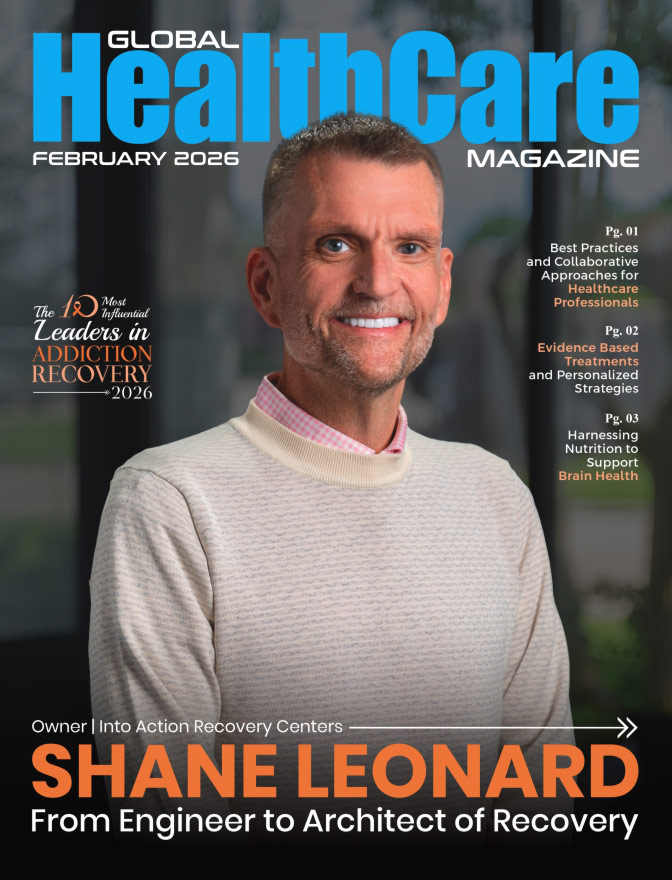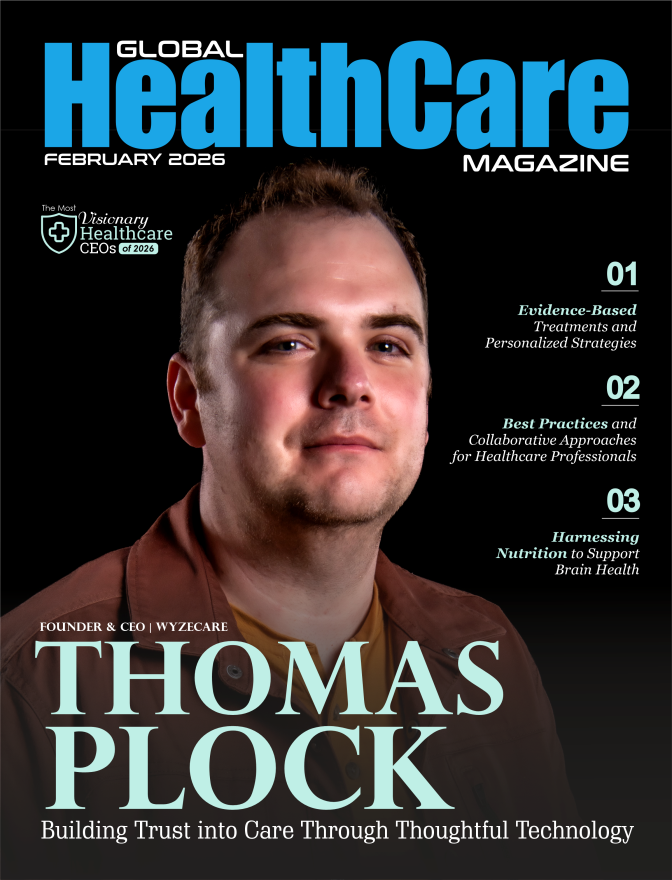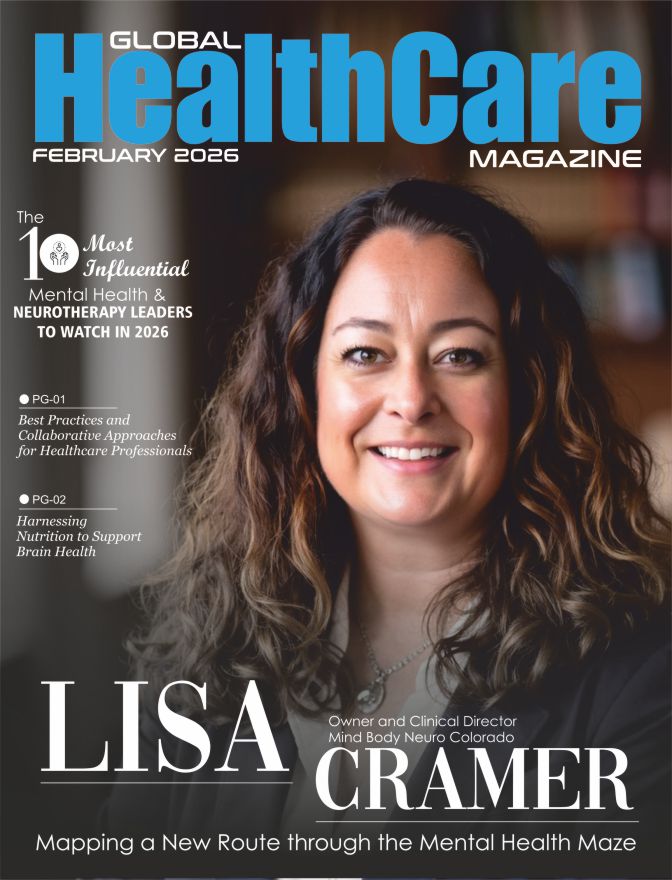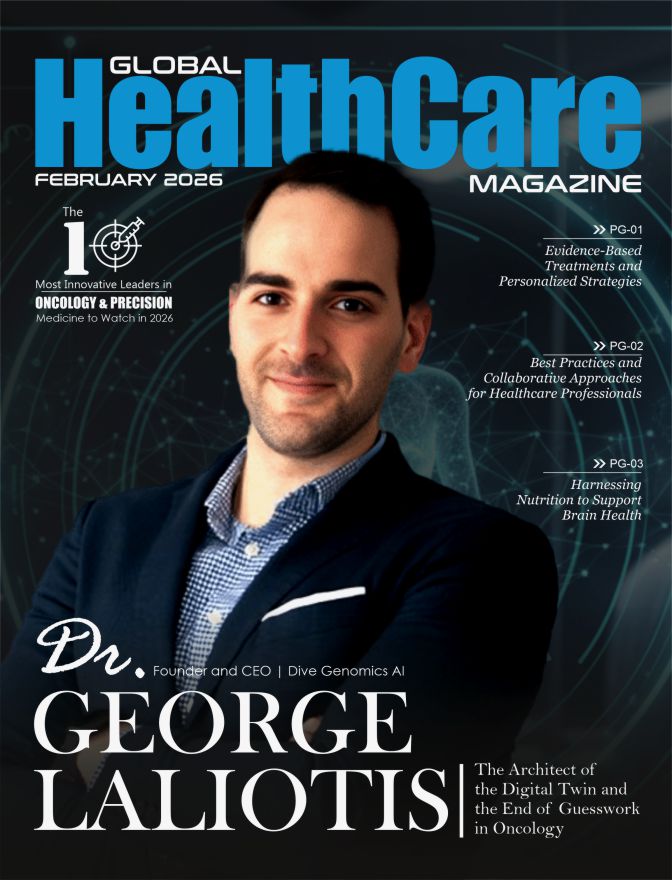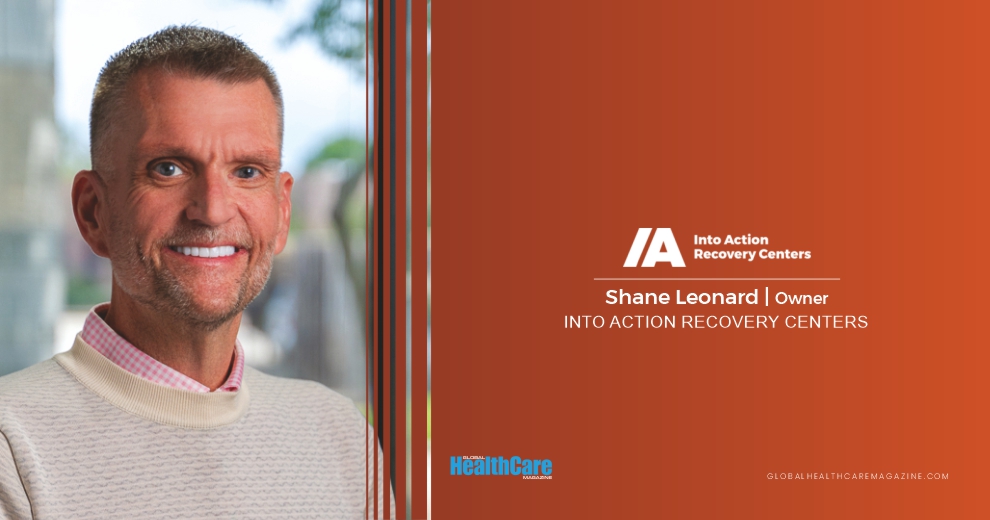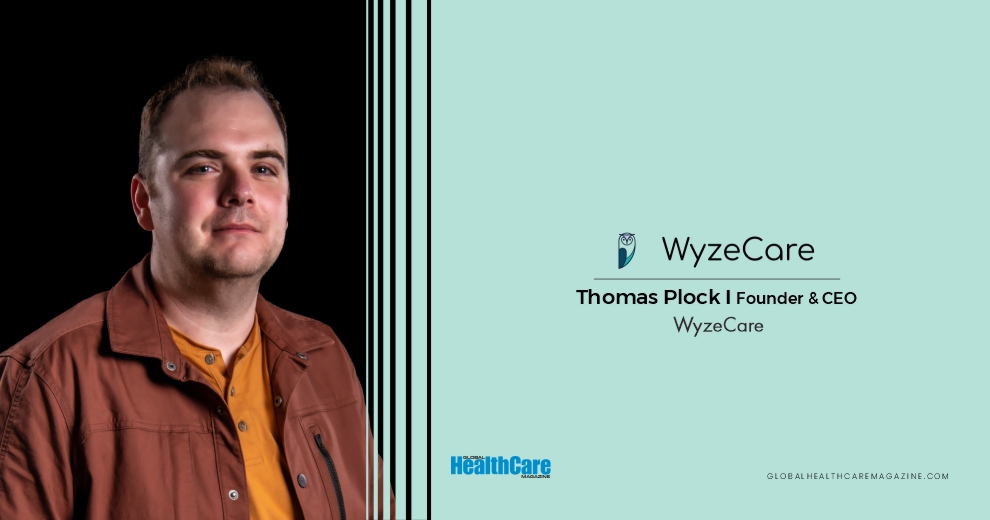Ever ignored a small issue until it turned into a big one? Health works the same way—most problems build slowly and quietly. That’s why preventive care matters. It’s the simple steps you take now to avoid major issues later. Still, it’s easy to skip when life gets busy or nothing feels wrong. But waiting too long often leads to more pain, more time, and more cost. In recent years, more people have started to focus on long-term wellness, realizing that small habits and early action really do make a difference. This is just as true in growing, health-minded communities like Antioch, where the focus is on building lasting habits in a place built for balance.
In this blog, we will share why preventive care is more powerful than it seems, how it fits into daily life, and what steps you can take to stay ahead of bigger health problems.
What Early Care Can Do For Your Future Self
One of the most common reasons people delay care is because something feels “minor.” A sore shoulder. A clicking jaw. Teeth that seem just a little off. It doesn’t feel like a big deal—until it is. Small problems have a way of turning into bigger ones when ignored.
That’s why early care matters, especially when it comes to oral health. Getting reliable orthodontic treatment in Antioch early can help avoid more complicated procedures down the road. Rather than waiting until a child’s teeth are visibly crooked or crowded, early care allows parents to support healthier development from the start. These initial visits can influence how the jaw grows, how the bite fits together, and even how a child breathes. It’s not just about appearance—it’s about building a strong foundation for long-term health.
The same goes for adults. Just because something isn’t causing pain yet doesn’t mean it’s not causing harm. Misalignment can wear down teeth unevenly, impact digestion, or lead to tension headaches. But these effects often build quietly, which is why they’re easy to overlook. The good news is that with early care and a clear plan, you can often fix the root of the issue before symptoms take over.
Preventive action isn’t about doing more. It’s about doing smarter. Whether it’s your teeth, your joints, or your sleep patterns, the earlier you pay attention, the easier and more affordable your care becomes. Prevention gives you the upper hand, and your future self will always be glad you did something early instead of waiting too long.
Why People Skip It—And How To Change That
So why don’t we all get ahead of our health? Part of it is mindset. If something isn’t broken, we assume it doesn’t need fixing. But most health issues don’t shout at you until they’ve been ignored for a while. We’re wired to react to discomfort, not prevent it.
Another reason is time. Between work, family, errands, and everything else, routine checkups can feel like a hassle. Add in the effort to schedule appointments, maybe take time off, and deal with insurance—and it’s easy to push things off. But pushing them off doesn’t make them disappear.
There’s also money. It’s common to skip preventive care to avoid spending now, without realizing it can save hundreds or even thousands in the long run. A quick visit today might prevent a surgery, emergency, or long recovery tomorrow.
The good news is, more health providers are working to remove barriers. You’ll find more flexible hours, family plans, and online consultations than ever before. And the sooner we shift how we see health—as something to maintain rather than repair—the easier it becomes to build smart habits into everyday life.
What Prevention Looks Like In Real Life
Preventive care isn’t just annual checkups. It’s how you take care of your body, your time, and your decisions. It’s the routines you build around what keeps you feeling good and functioning well.
It can be as simple as brushing and flossing every day. That alone prevents major dental issues. It’s going for walks, staying hydrated, or getting enough sleep. These may seem too basic to matter, but they’re foundational to your body’s ability to stay balanced.
It also means paying attention. If something doesn’t feel right, don’t wait for it to get worse. Ask about it. If your child has trouble chewing or sleeping, mention it to your dentist or doctor. If you’ve had a nagging ache, look into it before it changes how you live. Listening to your body is one of the most powerful forms of care.
Your Future Self Will Thank You
There’s a quote that goes something like this: “Do something today your future self will thank you for.” That’s preventive care in a nutshell. It’s brushing your teeth before they hurt. It’s checking your blood pressure while you still feel fine. It’s setting a habit now so you don’t pay for it later.
And yes, sometimes it feels like you’re doing all this work for nothing. That’s actually a good sign. When preventive care works, nothing happens. No emergency. No pain. No drama. Just quiet progress and better health.
The best part? These small steps often spill into other areas of life. When people start taking preventive care seriously, they begin sleeping better. Eating better. Feeling more in control. It’s not just about avoiding problems—it’s about improving how you live every day.
So next time you’re tempted to skip the appointment or delay that consult, think twice. You’re not just saving time today. You’re investing in a future with fewer problems, fewer bills, and a whole lot more peace of mind.
Also read: Why Primary Care Nurses Are More Important Than Ever

